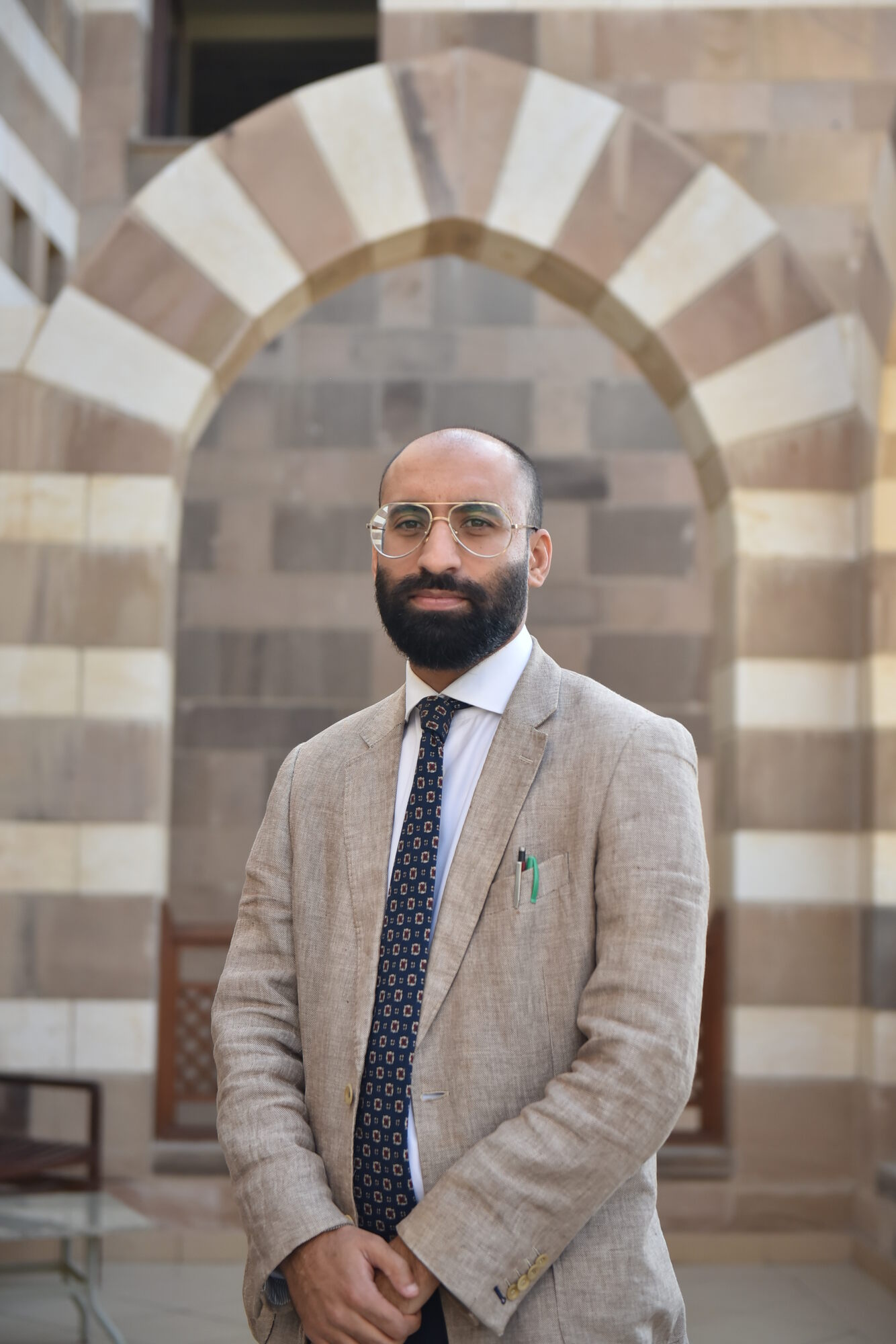
Ahmad Khan
- Position: Assistant Professor
- Department: Sheikh Hassan Abbas Sharbatly Department of Arab and Islamic Civilizations
- Email: ahmad.khan@aucegypt.edu
Ahmad Khan’s research focuses on classical Islamic thought (tafsir, hadith, law, and Sufism) in its intellectual, social, and historical contexts. His first book, a co-edited volume, explored medieval and modern Islamic thought Reclaiming Islamic Tradition: Modern Interpretations of the Classical Heritage, Edinburgh University Press. His second book examined the formation of medieval Sunnism, with a focus on debates over orthodoxy and heresy, Heresy and the Formation of Medieval Islamic Orthodoxy: The Making of Sunnism, Cambridge University Press. He is currently finishing his third book, looking at Islamic law and society in medieval Khurasan. His current research project examines the development of Quranic interpretation (tafsir). He is also preparing critical editions and studies of several medieval Sufi texts.
Khan received his DPhil from the University of Oxford, Faculty of Oriental Studies, where he also completed his MPhil. He currently serves on the editorial board at Gorgias Press for its book series on Islamic history and thought, as well as the editorial board of the journal Philological Encounters (Brill).
Khan joined The American University in Cairo (AUC) as an assistant professor in 2018. Prior to AUC, he worked at Oxford and Hamburg universities. In 2022, he was appointed the Arcapita visiting professor at Columbia University in New York.
At AUC, Khan teaches courses and supervises master's student research on Islamic studies and civilizations, as well as Arabic and Persian texts.
Quranic exegesis
Hadith learning
Islamic law and legal history
Sufism
Orthodoxy and heresy in Islam
Islamic thought in an age of print